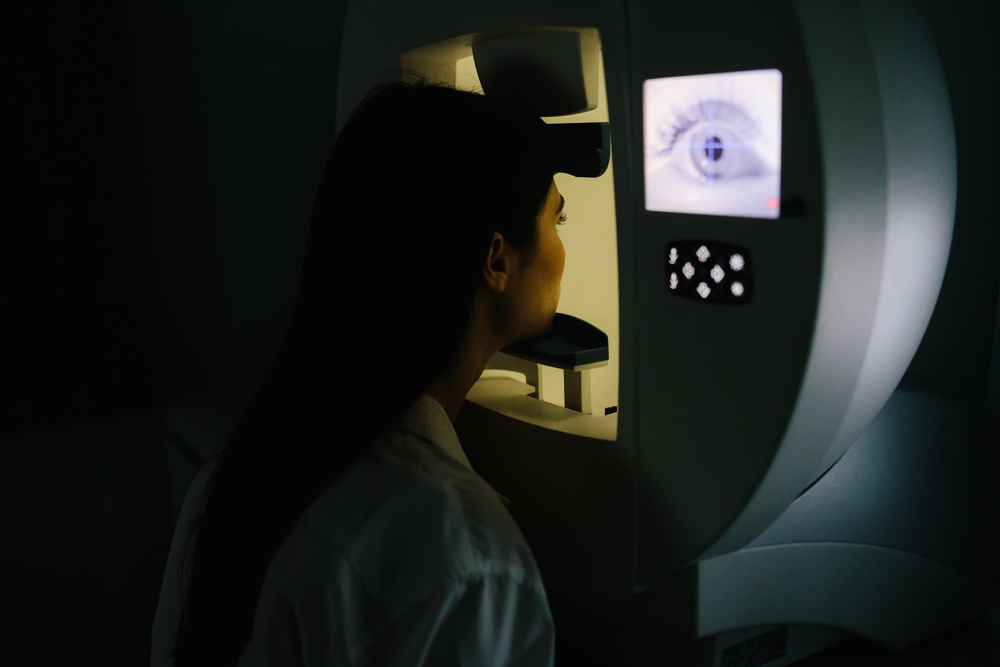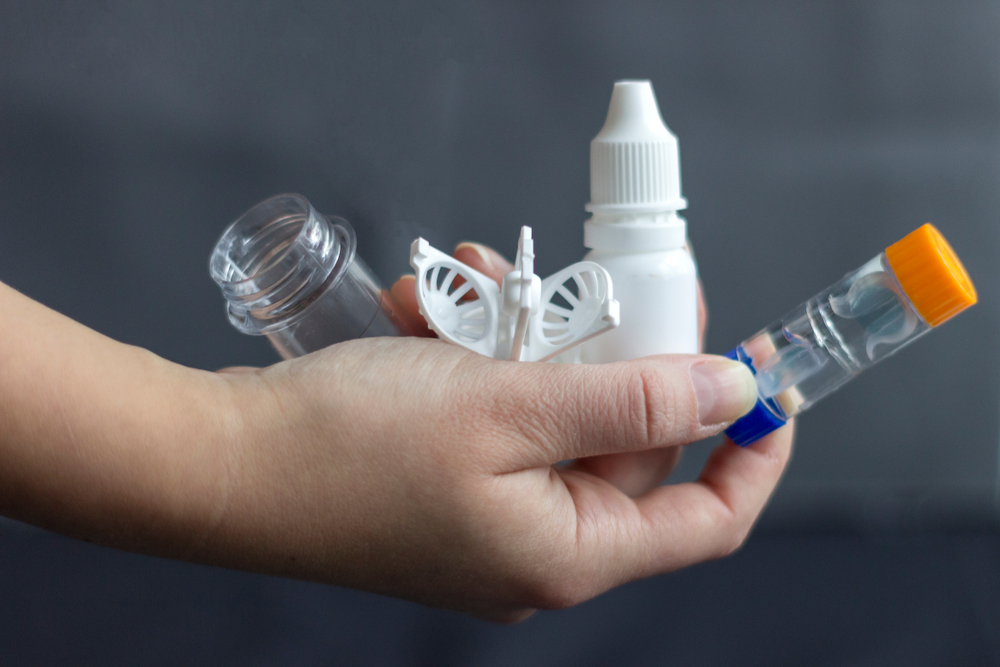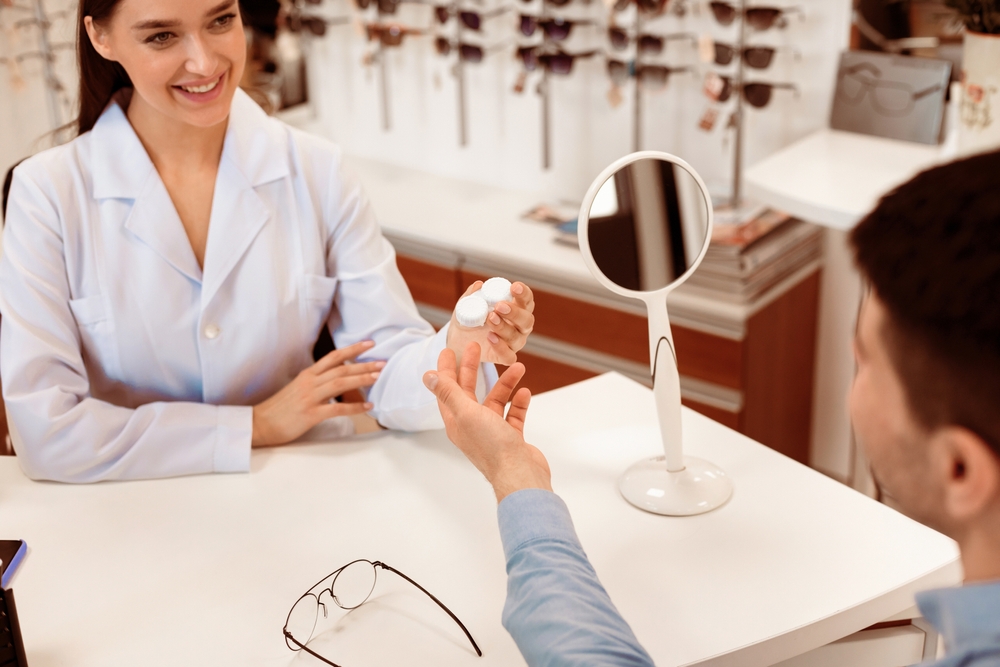Blog List
Learn more about optometry care and procedures in our blog!

Glaucoma is often called the “silent thief of sight” for a reason. In its early stages, this eye disease usually develops without noticeable symptoms, yet it can cause permanent vision loss if left untreated. Because damage from glaucoma cannot be reversed, early detection is critical to preserving long-term vision. Understanding the early warning signs can make all the difference.

Dry eyes are one of the most common eye conditions people experience - especially with today’s screen-heavy lifestyles. If you’ve noticed burning, irritation, or a gritty sensation in your eyes, your daily habits could be contributing. The good news is that small changes to your routine can go a long way toward keeping your eyes comfortable and healthy.

Ortho-K, short for orthokeratology, is a revolutionary non-surgical vision correction option that uses specially designed rigid gas-permeable lenses to gently reshape your cornea while you sleep. By wearing these lenses overnight, you can enjoy clear vision throughout the day without needing glasses or daytime contact lenses. If you’ve recently started Ortho-K or are considering it, here’s what to expect and how to make the adjustment process as smooth as possible.

Contact lenses are a convenient and effective way to correct vision, but not all eyes are the same. While many people do well with standard soft contact lenses, others may have unique eye shapes, prescriptions, or conditions that require a more tailored approach. That’s where a custom contact lens fitting comes in.

Computer vision syndrome is becoming one of the most common vision concerns in today’s screen-focused world. While many people assume it only affects office workers who spend hours at a desk, the reality is that CVS can impact anyone. As digital devices continue to be part of our daily lives, understanding who’s at risk and how to prevent CVS is more important than ever.

When shopping for sunglasses, style is often top of mind - but if you want true protection, there’s much more to consider than just how they look. Choosing the right sunglasses can help you safeguard your vision, prevent eye disease, and keep your eyes comfortable in bright conditions.

Glaucoma is often called the “silent thief of sight” because it typically progresses without noticeable symptoms until vision loss has already occurred. As one of the leading causes of irreversible blindness, glaucoma requires timely intervention. Fortunately, modern advancements in glaucoma care are offering patients more options and greater hope than ever before.

If you lead an active lifestyle or are involved in competitive sports, you know how important clear vision is for performance and safety. Traditional vision correction methods like glasses and daytime contact lenses can fall short for athletes. Glasses can slip or break, and contacts can dry out or shift during intense activity.

Low vision is a term used to describe significant vision loss that cannot be fully corrected with standard glasses, contact lenses, medication, or surgery. While people with low vision still retain some sight, it can impact daily activities like reading, recognizing faces, or driving. Understanding the causes of low vision is essential for prevention, early detection, and proper management.

Aging brings wisdom, experience, and countless cherished memories. But it also brings changes to our health—including our vision. At Special Eye Care, we understand that your eyesight isn’t just about seeing clearly—it’s about enjoying life to the fullest. Whether it’s reading a favorite book, driving safely, or recognizing the faces of loved ones, good vision is essential. That’s why we encourage all seniors to make routine eye exams a priority.




